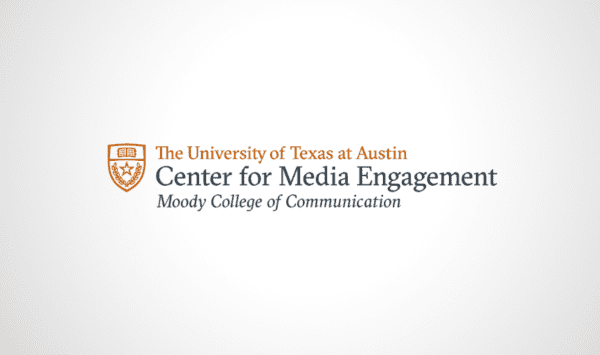
Trump, Clinton, and the Rhetorical Construction of Democracy in Campaign 2016
Dr. Martin J. Medhurst, Distinguished Professor of Communication & Professor of Politics, Baylor University
November 2, 2016 — 1-2:00PM — CMA 5.136 (LBJ Seminar Room)
From their announcement speeches to the final debate, Donald Trump and Hillary Clinton have rhetorically constructed portraits of American democracy in their campaign rhetoric. What do those portraits look like? How are they constructed? What assumptions lay behind them? And what implications for democracy going forward attend their acceptance or rejection? Through a close reading of their presidential nomination acceptance addresses, I identify the kind of democracy called into being by each of the candidate’s speeches, the ethical implications of endorsing such a portrait, and the portents for democratic governance that each speech suggests. By focusing on rhetorical form, I shed light on political content.
Dr. Martin J. Medhurst is Distinguished Professor of Rhetoric and Communication and Professor of Political Science at Baylor University. He is the author or editor of thirteen books, including Rhetorical Dimensions in Media: A Critical Casebook (1984 and 1991, with Thomas W. Benson), Cold War Rhetoric: Strategy, Metaphor, and Ideology (1990 and 1997, with Robert L. Ivie, Philip Wander, and Robert L. Scott), Communication & the Culture of Technology (1990, with Alberto Gonzalez and Tarla Rai Peterson), Landmark Essays on American Public Address (1993), Dwight D. Eisenhower: Strategic Communicator (1993), Eisenhower’s War of Words: Rhetoric and Leadership (1994), Beyond the Rhetorical Presidency (1996), Critical Reflections on the Cold War (2000, with H.W. Brands), Presidential Speechwriting (2003, with Kurt Ritter), The Rhetorical Presidency of George H. W. Bush (2006), The Prospect of Presidential Rhetoric (2008, with James Arnt Aune), Before the Rhetorical Presidency (2008), and Words of a Century (2009, with Stephen E. Lucas). Dr. Medhurst is a frequent contributor to communication journals, including The Quarterly Journal of Speech, Communication Monographs, Critical Studies in Mass Communication, Communication Education, Communication Quarterly, Communication Studies, Western Journal of Communication, and the Southern Communication Journal, among other disciplinary outlets.
Open to the UT community and general public
For further information, contact Dr. Scott Stroud


